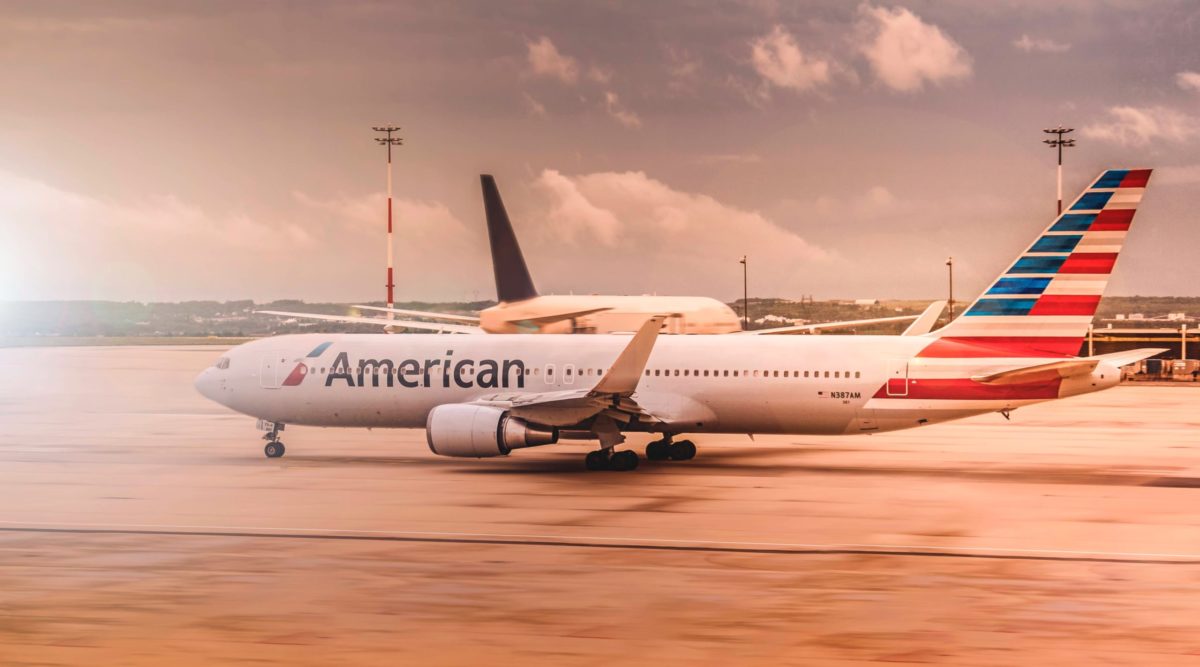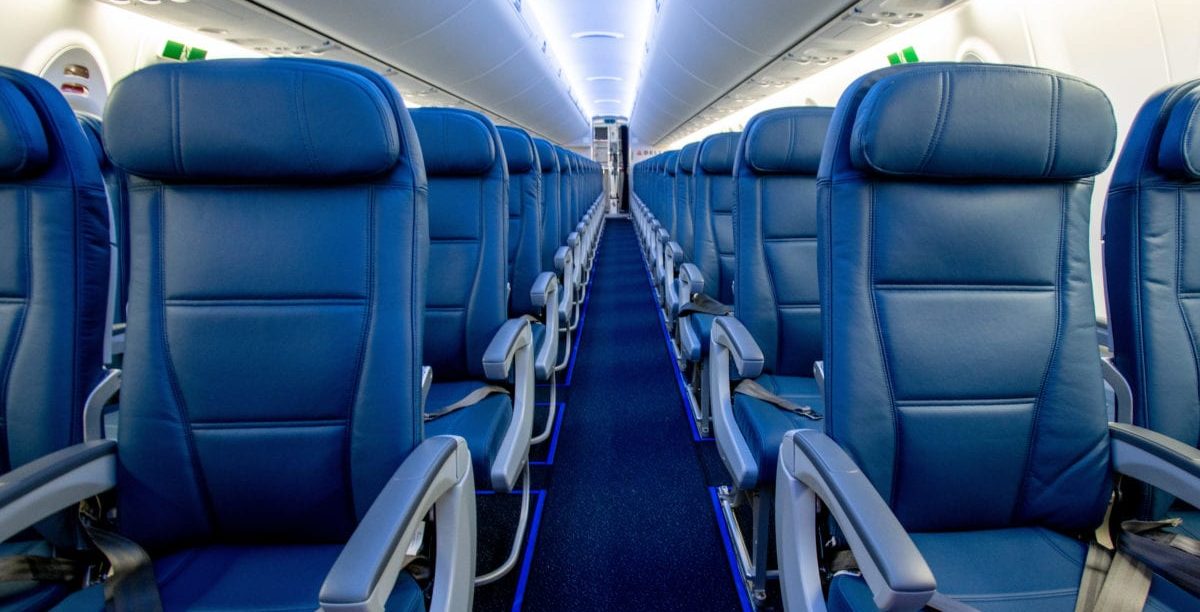Delta Air Lines is planning to trim some flights from its schedule – especially domestically – starting in the late summer and through the end of the year, as both everyday travelers spooked by economic uncertainty and frequent business flyers stay at home.
While speaking to investors on Wednesday, Delta executives didn't say just how far those schedule cuts would go – and travelers may have to wait several weeks before seeing how their upcoming flights may be changed. But Delta President Glen Hauenstein made clear that domestic flights are on the chopping block from mid-August onwards, noting earlier back-to-school schedules in the South. Flights to and from both Canada and Mexico could see reductions, too.
“August is no longer a peak month for Delta’s travel. We will be trimming starting in August and through the rest of the year,” Hauenstein said. “We are going to eliminate unprofitable flying, wherever that is.”
“We think that off-peak is going to have a disproportionate hit compared to peak-day flying,” Hauenstein added, later pointing to Tuesdays and Wednesdays as the airline's biggest “off-peak” days that could be ripe for cutbacks.

As travel demand drops, cutting flights is Delta's way of staving off empty planes later this year and potential financial losses. And Delta is the first of the major U.S. airlines to release quarterly earnings – more cuts from other carriers could be on the way.
The stock market has been plummeting over the past week in response to President Donald Trump's widespread tariffs, spooking both investors and everyday consumers. But Delta executives have said the dip in travel demand began even earlier, pointing to mid-February as the turning point.
It may well mark the end of a post-pandemic travel boom of nearly five straight years of uninterrupted growth – both in travel demand and where (and how often) airlines are flying. But travel demand isn't dropping evenly across the globe.
Delta said international bookings remain strong, especially over to Europe as well as Asia. And high-paying customers – the affluent travelers Delta has built its “premium” brand around – booking first class or even Delta One business class keep coming in, too.
“International is well booked for the early part of the summer and the spring,” Hauenstein told investors, later adding that Delta's transatlantic sales for trips through September and into October are outpacing last year.
Domestic flights, however, are another story.
Long before airlines began sounding the alarm, fierce competition with ultra-low-cost carriers combined with waning travel demand led to dropping prices on domestic flights starting earlier this year. That's welcome news for travelers hoping for airfare bargains … but not for Delta and its investors.
So that's where Delta will focus its cuts. Hauenstein and his fellow executives did not put a number on just how much the airline planned to trim from its schedule nor say when those schedule changes might be made.
The airline also plans to accelerate the retirement of some of the older workhorses in its domestic fleet: Boeing 757s, Boeing 767s, and even some Airbus A319s and Airbus A320s, Chief Financial Officer Dan Janki said.
Now more than ever, Airbus looms large for Delta. The European aircraft manufacturer has become Delta's go-to in recent years, with dozens of jets scheduled to be delivered throughout the rest of the year. Trump's new tariffs could complicate that.
“We will not be paying tariffs on any of the aircraft deliveries that we take. We’ve been clear with Airbus on that,” Delta CEO Ed Bastian said. “We will defer any deliveries that have a tariff on it.”
But if Delta is keeping one eye on Airbus, it's keeping the other laser-focused on how economic anxiety could continue to affect travelers' appetite for big trips. Bastian and Hauenstein sounded confident (but not quite positive) that a slowdown in domestic travel wouldn't spread overseas.
“We’re not sure how long it’s gonna be but we’re confident it’s not going to be elongated,” Bastian said. “I’m hopeful that sanity will prevail.”
Hours after Bastian's comments, President Trump announced he would pause nearly all reciprocal tariffs for 90 days. By midday Wednesday, Delta's stock was up by more than 20%.






